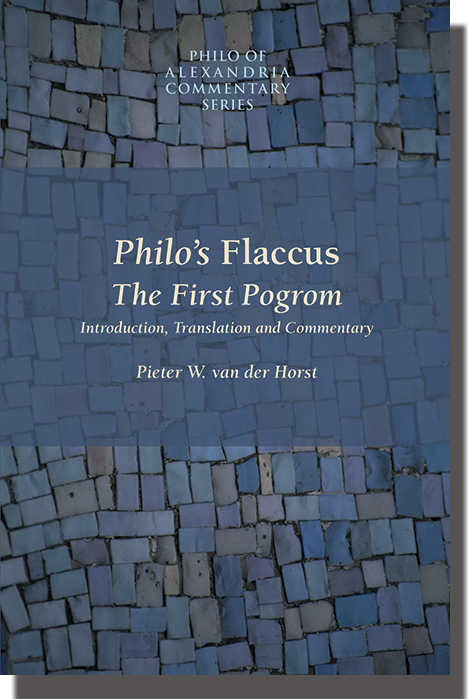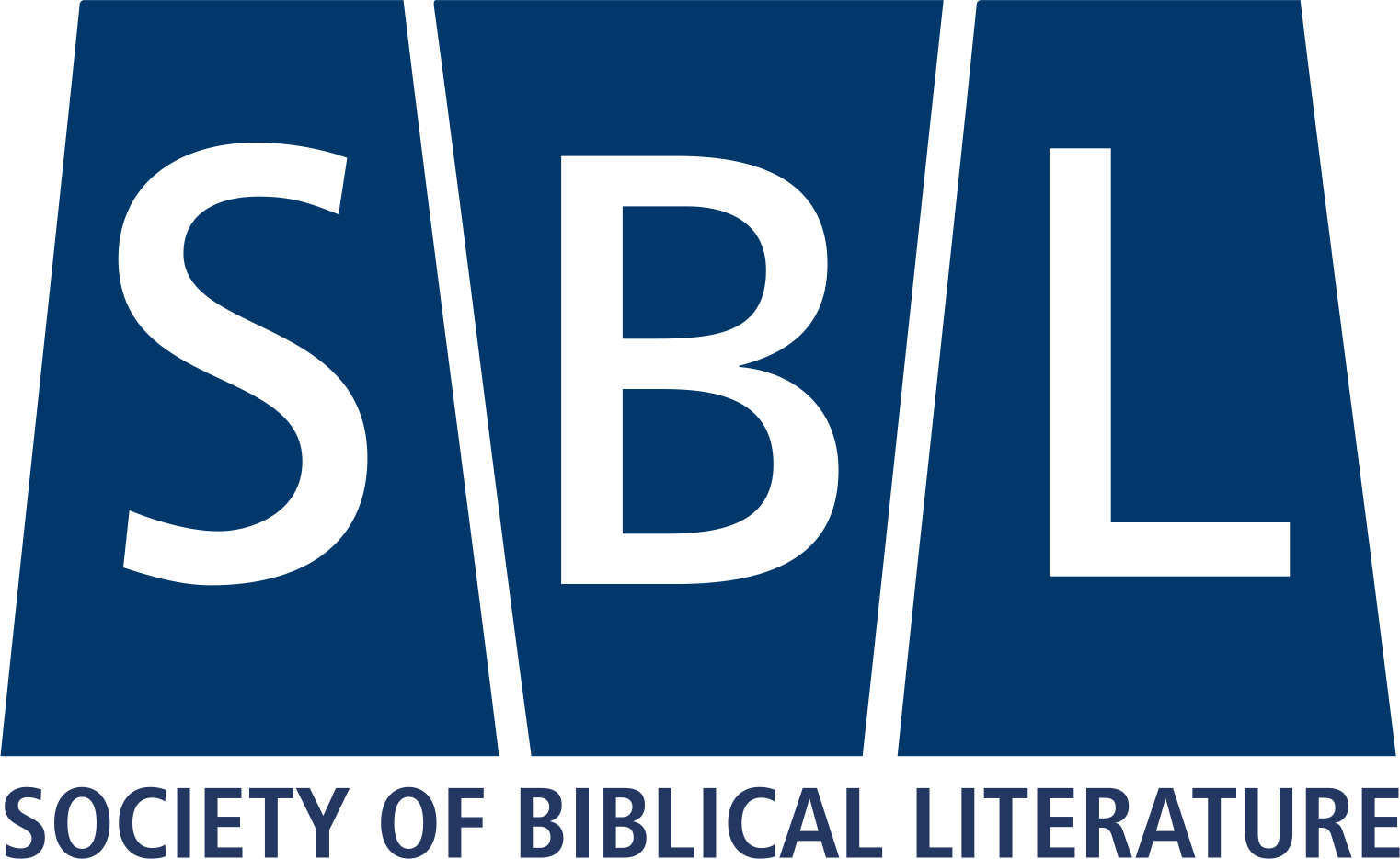
$32.00
This book is the first English commentary on Philo’s In Flaccum since the publication of Box in 1939. The work contains an introduction in which matters of genre, historical background, the textual evidence, and so forth are discussed. This is followed by a new English translation of the Greek text. The main part of the book is a detailed philological and historical commentary on Philo’s text. Since In Flaccum is our only source for the anti-Jewish pogrom in Alexandria in the year 38 C.E., it is of the utmost significance for the study of the origins and early history of anti-Semitism. The book is of interests for scholars of Judaism, ancient history, biblical studies, classical literature, and history of religions.
Pieter W. van der Horst, Ph.D. (1978) in Theology, is Professor of New Testament and the Jewish and Hellenistic world of Early Christianity at Utrecht University. He published hundreds of articles and books on a wide variety of subjects in this field, the most recent of which is Japheth in the Tents of Shem: Studies on Jewish Hellenism in Antiquity (Peeters, 2002).
“This commentary deals with Philo’s treatise In Flaccum, an account of the fall of Flaccus, prefect of Egypt in Philo’s own time. … A new commentary on this important work is much to be welcomed. … In H., readers are privileged to learn from one of the leading scholars of the Greek literature and culture of the Jews of antiquity. An extensive introduction devotes particular attention to the often controversial question of the historical context of Flaccus. The treatise as a whole is read as an exercise in theological historiography, with many illuminating insights into the relationship between the historical description of the persecution of the Jews and the theological interpretation of Flaccus’s fall. The translation of Philo’s text is admirably clear, and reflects insights into the language of Philo’s world made available from study of the papyri and inscriptions. The SBL reissue of these commentaries, originally published by Brill, is a welcome development.”
— S. J. Pearce, Journal for the Study of the Old Testament
